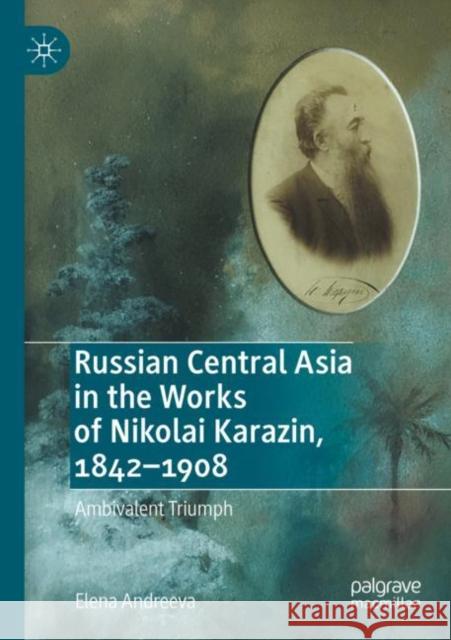Russian Central Asia in the Works of Nikolai Karazin, 1842-1908: Ambivalent Triumph » książka
topmenu
Russian Central Asia in the Works of Nikolai Karazin, 1842-1908: Ambivalent Triumph
ISBN-13: 9783030363406 / Angielski / Miękka / 2022 / 384 str.
Russian Central Asia in the Works of Nikolai Karazin, 1842-1908: Ambivalent Triumph
ISBN-13: 9783030363406 / Angielski / Miękka / 2022 / 384 str.
cena 342,95
(netto: 326,62 VAT: 5%)
Najniższa cena z 30 dni: 327,68
(netto: 326,62 VAT: 5%)
Najniższa cena z 30 dni: 327,68
Termin realizacji zamówienia:
ok. 22 dni roboczych
Bez gwarancji dostawy przed świętami
ok. 22 dni roboczych
Bez gwarancji dostawy przed świętami
Darmowa dostawa!
Kategorie BISAC:
Wydawca:
Palgrave MacMillan
Język:
Angielski
ISBN-13:
9783030363406
Rok wydania:
2022
Ilość stron:
384
Waga:
0.45 kg
Wymiary:
21.01 x 14.81 x 2.01
Oprawa:
Miękka
Wolumenów:
01
Dodatkowe informacje:
Wydanie ilustrowane











